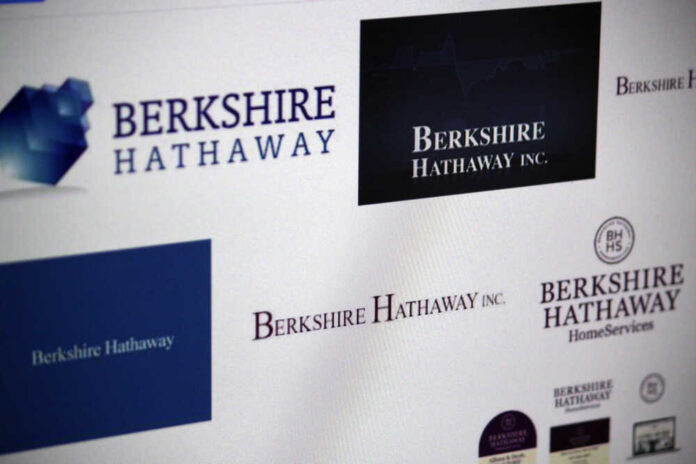
In his annual letter to shareholders, Warren Buffett, founder and CEO of Berkshire Hathaway, expressed his displeasure with the impact of government regulations on two of his company’s operations, which produced less-than-desirable financial results last year.
One of the six biggest freight railroads in the US, BNSF, is a Berkshire firm. Buffett, a lifelong Democrat, noted that wage expenses at BNSF increased due to federal regulations that allowed the president to intervene in rail negotiations between unions and railroads.
In 2022, BNSF was involved in a labor dispute with twelve different unions, among other railroads. The difference in opinion deepened when the majority of the unions’ regular members turned down a proposed deal.
The federal Railway Labor Act gives the president and Congress the power to intervene in rail strikes. After the plan fell through, President Biden appointed an impartial panel of arbitrators to serve as an emergency board to resolve the conflict. In response to union pushback to the board’s first suggestions, the president and Congress passed a bill guaranteeing a 14% immediate raise and a 24% increase spread over five years.
Although wage hikes are a reality, Buffett highlighted the dangerous and unpleasant tasks that rail workers endure. He also mentioned the massive infrastructure needed for trains to run and the crucial role they play in keeping the US economy moving forward.
The billionaire investor continued by stating that the increasing costs of wildfires have destroyed the business model of public and private power utilities. Because utility projects have a long investment period, they have relied on a fixed return on equity for over a century.
According to Buffett, certain utilities that provide power to areas battered by enormous wildfires are on the brink of insolvency due to the damage caused by fallen power lines.
Based on Berkshire’s information, a lawsuit could be initiated against PacifiCorp, a BHE subsidiary, due to the latter’s purported failure to pay for the 2020 Slater wildfire, which ravaged southern Oregon and northern California. Berkshire recognized the likelihood of such a lawsuit.













